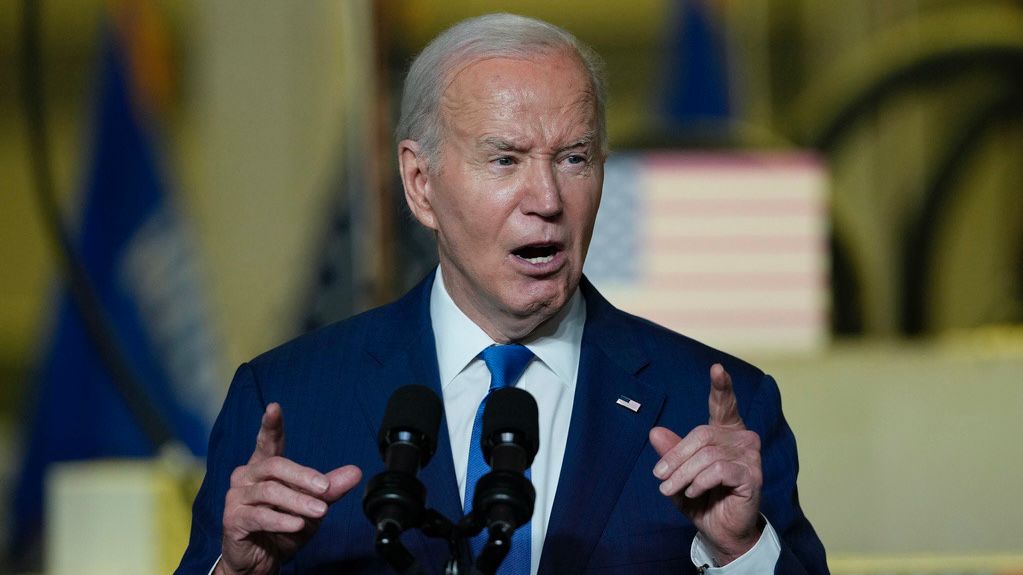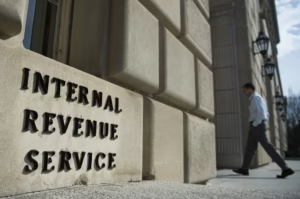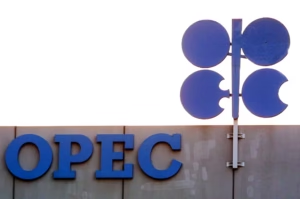An influential advisor to President Joe Biden emphasised the importance of equity in the ongoing debate surrounding expiring tax cuts. The advisor argued that it is crucial for corporations and high-income individuals to make a greater contribution.
“Tax fairness will become a prominent issue with the expiration of former President Donald Trump’s 2017 tax package next year,” stated National Economic Advisor Lael Brainard during a speech at the Brookings Institution in Washington.
“Tax fairness is a key component of the president’s strategy to create an economy that benefits all Americans. The goal is to promote widespread growth, provide equal opportunities, and ensure financial stability while fulfilling our obligations to seniors,” she stated.

During her speech, Brainard emphasised President Biden’s commitment to not increase taxes for families earning $400,000 or less annually. She highlighted the president’s proposed measures for individuals and companies, such as increasing the stock-buyback tax from 1% to 4%. The aim is to incentivize corporations to prioritise investments in their workers and the overall economy, rather than focusing solely on payouts to investors.
See Also:
The upcoming presidential campaign is expected to be heavily influenced by potential changes to the tax code. The outcome of the November elections will determine the direction of any adjustments or a complete overhaul, depending on which party gains control of the White House and Congress.
Trump expresses support for additional tax cuts in the event of a successful reelection. According to a recent statement to MarketWatch, his campaign expressed support for tax cuts for workers, families, and all Americans. They also emphasised the importance of revitalising America’s energy industry to combat inflation, reduce the cost of living, and address the national debt.
According to the Congressional Budget Office, the extension of cuts implemented during the previous administration would come with a significant cost. The report states that over the course of 10 years, the price tag would amount to $4.6 trillion.





